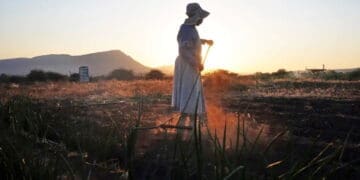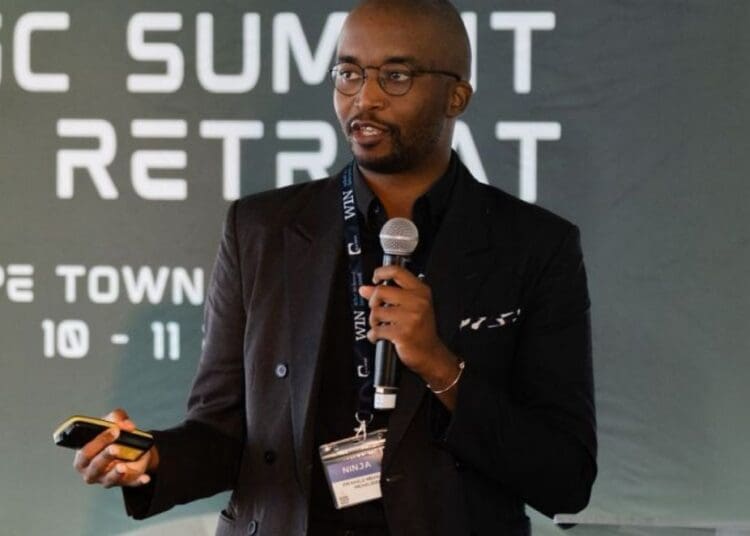The C20 Working Group on Digital and Inclusive Economies, which is part of the G20’s civil society engagement process, has begun drafting a policy brief that seeks to make digital participation more equitable.
Its first formal meeting was held last week, setting the tone for what organisers describe as a people-centred, innovative-driven economic model.
One of the key voices in the process is South Africa’s Zwakele Mbanjwa, managing director of BIG Africa and co-facilitator of the working group.
Mbanjwa said their goal was to promote a just transition to digital economies that were built on solidarity, equality and sustainability.
“For SMEs to thrive, we need access to affordable infrastructure, fair regulation, funding and skills development, not just in urban centres but across all communities,” said Mbanjwa.
He also said the policy brief outlined proposals to shift away from GDP-focused economic models and instead adopt wellbeing-driven approaches that emphasised inclusion.
“The recommendations include strengthening digital public infrastructure, promoting data justice and sovereignty, and supporting women, youth and disability led enterprises,” he said.
“This is about building a digital economy that works for ordinary people. That means community-owned networks, indigenous language content and tech hubs that serve the people who need them most,” Mbanjwa said.
He also said the brief was aligned with South Africa’s 2024 National Data and Cloud Policy that recognised data as a strategic asset to drive inclusive growth and innovation, especially for SMEs and start-ups.
“Digital exclusion is still one of the biggest barriers for our small businesses. Especially in informal and rural areas, lack of access to tools and training means entrepreneurs are left out of the digital economy altogether,” said Mbanjwa.
Among the key recommendations are investment in open, community-owned digital infrastructure, digital and AI literacy training for rural youth and girls, and support for women and youth-led tech enterprises.
The policy also advocates for inclusive governance structures, ensuring that people with disabilities are embedded in the design and implementation of innovation systems.
It recognises informal work and care work as essential components of the economy, pushing for their inclusion in digital economic planning.
“We have consulted civil society groups, economists, indigenous leaders, youth activists, technologists and SMMEs,” he said.
Mbanjwa said the working group drew on lessons from countries like Brazil, India and Indonesia.
The C20 brief also builds on past G20 commitments, including the Rio and Seville Declarations.
The next step is to submit an updated version of the policy brief by 25 August 2025, ahead of the G20 Summit in November.
Mbanjwa called on South African SMMEs and entrepreneurs to get involved in the process.































































